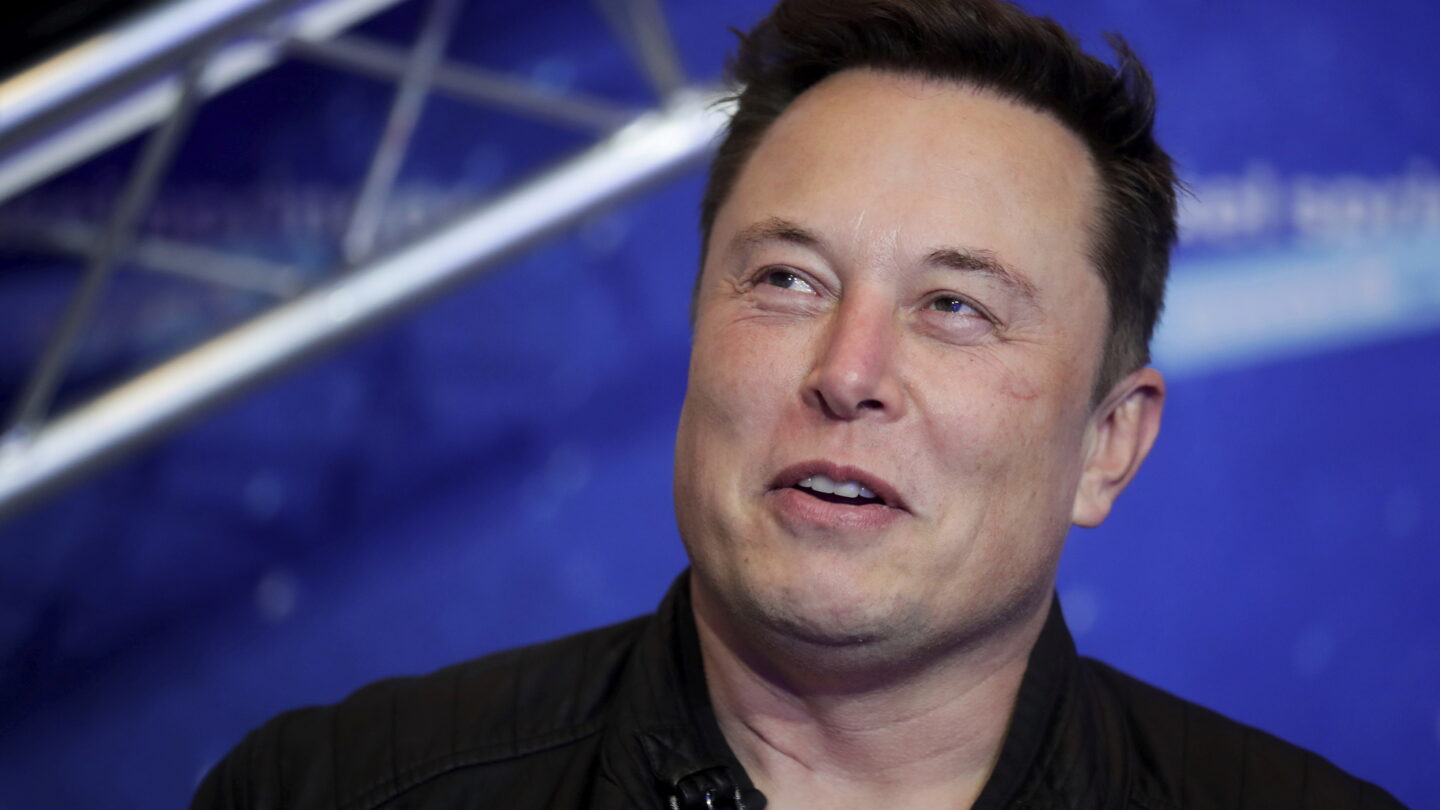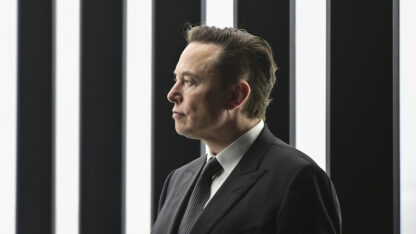Twitter shares rose on reports the social media company is nearing a deal to sell itself to billionaire Elon Musk.
The two sides could reach an agreement as soon as Monday, the Wall Street Journal and other outlets reported, less than two weeks after Musk offered to buy the company at a valuation of more than $40 billion.
A sale would cap a dizzying saga for Twitter and Musk, the world’s richest man and a prolific user of Twitter, where he has more than 83 million followers and regularly posts memes, boosts his companies Tesla and SpaceX, and squabbles with critics.
Musk began buying shares in the company in January. On April 4, he revealed he’d accumulated a 9% stake, making him Twitter’s biggest individual shareholder. He began calling for changes to the platform, including loosening its rules over what users are allowed to post.
After accepting and then rejecting an invitation to join Twitter’s board, Musk dropped a new bombshell with his unsolicited $54.20-a-share offer to buy the whole company and take it private.
But lack of details about how Musk would finance the deal left many skeptical that he was serious. Twitter’s board quickly adopted a so-called “poison pill” to discourage Musk from acquiring more shares and to buy itself time to consider his proposal and potential alternatives.
Then last week, Musk announced he had lined up the money for his bid. In a regulatory filing, he said Morgan Stanley, Bank of America, and several other banks have promised to lend $25.5 billion, backed in part by some of Musk’s Tesla shares, and that he would provide up to $21 billion in cash.
That may have shifted the board’s view of his offer, which, while below the more-than-$70 a share Twitter’s stock was trading last year, is higher than where the company has been trading recently amid lingering questions over its ability to grow.
Twitter declined to comment. The company has previously said the board was reviewing Musk’s offer and would “determine the course of action in the best interest of the company and all Twitter stockholders.”
Copyright 2022 NPR. To see more, visit https://www.npr.org.
9(MDAxODM0MDY4MDEyMTY4NDA3MzI3YjkzMw004))

9(MDAxODM0MDY4MDEyMTY4NDA3MzI3YjkzMw004))








